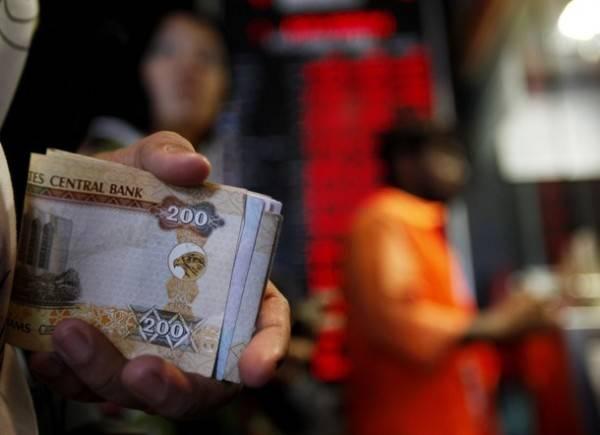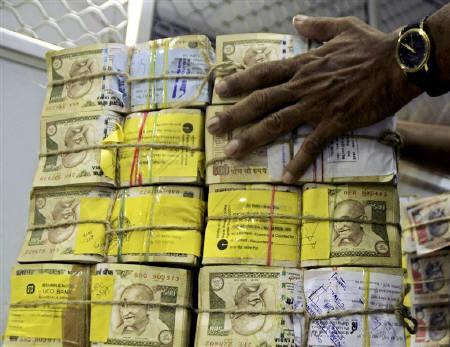Photographs: Reuters Business Standard
Several questions arise from the UBS affair -- involving also Barclays Bank and Societe Generale, in London and Mauritius -- regarding the reported attempt by Anil Ambani to use funds raised overseas for two of his group's companies to invest illegally in India, in the shares of a third group company.
This was attempted through the participatory notes route by using opaque investing vehicles called Hythe and Pluri.
Some of the questions relate to the role of foreign banks in facilitating illegal transactions abroad by resident Indians, a matter that has come into focus in recent weeks because of yet another foreign bank, HSBC.
An ex-employee of HSBC allegedly stole bank data from its Geneva branch, which became available to the authorities -- so it has been revealed that this one Swiss branch of one bank had the accounts of no fewer than 700 Indians.
. . .
What India can do to track black MONEY abroad
Photographs: Reuters
Other details are also with the government, on money stashed away in places like Liechtenstein.
Banks usually pin the blame for wrong transactions on rogue employees.
But some of the employees charged with illegal activity have argued in their defence that their employers encourage a culture of undertaking dodgy transactions, which returns the spotlight to the organisations.
. . .
What India can do to track black MONEY abroad
Photographs: Reuters
Is illegal activity being facilitated by foreign banks operating in India -- or by 'briefcase bankers', based in tax havens across Asia, that come to India looking for people desirous of conducting illegal transactions overseas?
And, if so, what pressure are the government and the Reserve Bank of India putting on these banks and bankers?
India is an increasingly attractive banking market, and virtually all the leading international banks are eager to expand their presence here.
. . .
What India can do to track black MONEY abroad
Photographs: Reuters
Surely it should be possible to demand their strict compliance with Indian laws not just here, but globally, and to officially disfavour those organisations that don't play ball when global compliance is sought.
The United States has successfully arm-twisted the same UBS into handing over the names of 4,450 clients for whom it had offered to conceal funds from the eyes of US tax inspectors; why should it be difficult for India to attempt something similar?
Questions have to be posed to Indian regulators as well. The Anil Ambani-related matter was investigated by the Securities and Exchange Board of India (Sebi), and settled last January through a consent order that involved payment of Rs 50 crore (Rs 500 million).
. . .
What India can do to track black MONEY abroad
Photographs: Reuters
This is said to be the largest consent fee in Indian history; even if true, it is little more than a flea-bite for a large corporate house. It, therefore, raises questions about the correctness of such consent orders, almost always agreed to without admission of guilt.
Such arrangements are usually made in an opaque manner, independent of the public scrutiny that would arise in a case tried in open court. Such questions are current in New York too, where a district court recently rejected a settlement with Citibank by the US Securities and Exchange Commission.
The court order has been contested subsequently, but perhaps someone in India should test Sebi on such matters.
. . .
What India can do to track black MONEY abroad
Photographs: Reuters
Finally, questions arise afresh over the business of participatory notes, and whether the financial intermediaries who deal with them are following proper 'know your customer' norms.
There is no lack of speculation about the sources of the money being invested in Indian securities through tax havens, and about how much of this money is round-tripping of domestic funds which first went abroad and are now coming back.
If there is indeed large-scale violation of the law going on, it is incumbent on the authorities to tackle the problem with the seriousness it demands.








article